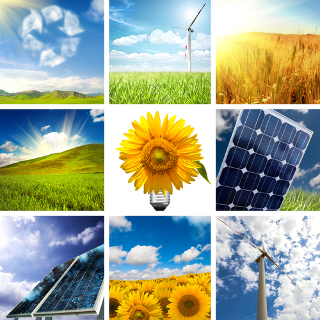Gasoline is a fuel made up basically of hydrocarbons, that is, it is a liquid formed by carbon and hydrogen. The molecular structure of gasoline is made up of carbon chains of different lengths ranging from C.7H16 to C11H24.
The main product of gasoline combustion is carbon dioxide (CO2), but unfortunately automobile exhausts contain far more substances than just carbon dioxide. The most common pollutants generated by a car's exhaust include:
• nitrogen oxides (NOx) - the nitrogen and oxygen in the air combine in various ways;
• carbon monoxide (CO) - typical product of internal combustion engines, it is formed because combustion is incomplete. There is not enough oxygen available to react quickly and completely with all the available carbon;
• unburned hydrocarbons (HC) - not all hydrocarbons are consumed during the reaction, because the combustion phase is very fast.
It's scary to think that all these gases will accumulate in our atmosphere, but that's where the catalytic converters, the function of this car accessory is to transform the exhaust gases into substances harmless. Catalysts can scavenge carbon monoxide, nitrogen oxides and hydrocarbons, causing them to react with plenty of oxygen.
The problem is that the catalysts don't do their job perfectly and some of the pollutants escape.
The pollutants generated by automobiles are most noticeable on hot summer days, we can visualize them in the form of smog (smoke fog) and ozone. This layer of pollution forms when nitrogen oxides and hydrocarbons mix with the air and react with the ultraviolet rays of sunlight, it is found at low altitude (at ground level).
Do not stop now... There's more after the advertising ;)
By Líria Alves
Graduated in Chemistry
See more!
Alcohol versus Gasoline
Would you like to reference this text in a school or academic work? Look:
SOUZA, Líria Alves de. "Why does Gasoline pollute?"; Brazil School. Available in: https://brasilescola.uol.com.br/quimica/por-que-gasolina-polui.htm. Accessed on June 28, 2021.
Chemistry

Get to know some clean energy sources, such as: wind, solar, tidal, geothermal, hydraulic, nuclear and biofuels.


